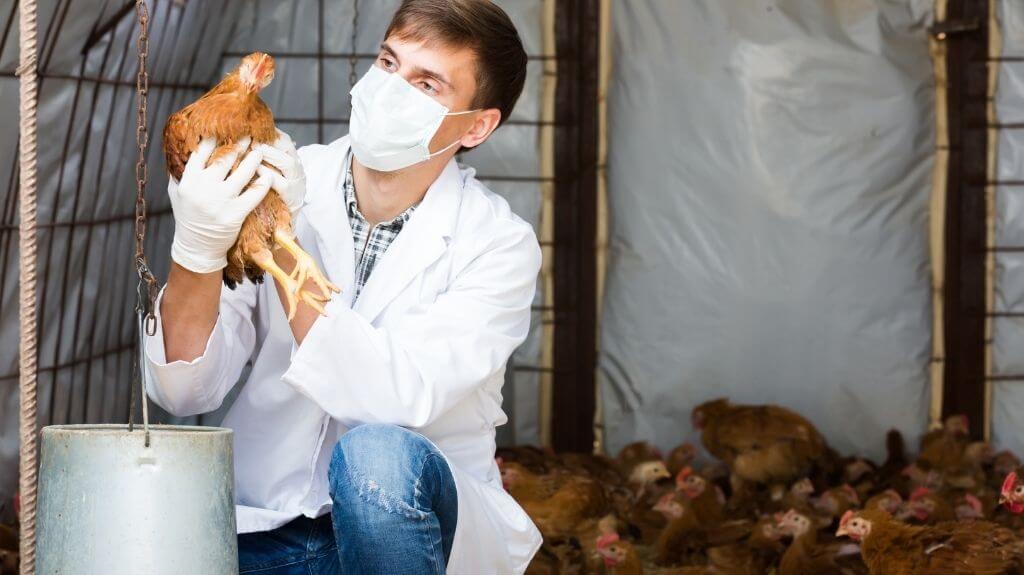
California workers who spend their days around farm animals have multiple safety risks to tend to every day. The same applies if you work in veterinary facilities and other animal services. Employers are responsible for the safety and health of employees, and working around animals requires adequate training to stay safe in all the various work environments where you share the space with animals.
Your employer must inform you of all the safety hazards and potential injuries. Handling animals pose more than physical injury threats because the risks of contracting zoonotic diseases are also ever-present. These illnesses can transfer from animals to humans.
The dangers of working and handling farm animals
Due to the unpredictability of animals, you must always be alert and watch for the warning signs you learned about in safety training. Animal handling techniques are crucial and recognizing red flags like fear or aggressiveness in animals could mean the difference between life and death. The following are some of the general safety precautions:
- Use deliberate, slow movements when you work with farm animals
- Always avoid their blind spots by approaching animals from the front.
- Similarly, avoid the “kick zones” behind horses and cattle at all times.
- Make sure you and your co-workers never tease, poke or corner animals, which could cause violent reactions.
- Due to the size and weight of farm animals, you should keep your back straight and your joints “soft.”
- That can prevent whiplash-like musculoskeletal injuries if the animal moves unexpectedly.
- Be extremely cautious when handling sharps and administering injections to animals.
- Stick injuries with dire consequences could happen if the animal objects to being injected.
Personal Protective Equipment
Along with the physical injury dangers, you will risk contracting zoonoses when you work with dirty hands and inhale contaminated dust. Likewise, touching animal waste or saliva could transfer diseases. Your employer must provide the following personal protective equipment:
- Non-slip protective footwear
- Protective gloves
- Safety goggles to protect your eyes from foreign objects or drops of animal matter
- Respirator to protect you from inhalation of contaminated dust
If a farm animal injures you or a co-worker, or if you were exposed to diseased farm animals, you will need immediate medical care. Furthermore, report the injury to your employer as soon as possible to get the workers’ compensation benefits claims process going within the time limit. The California workers’ compensation insurance system might cover your medical expenses and lost wages.








